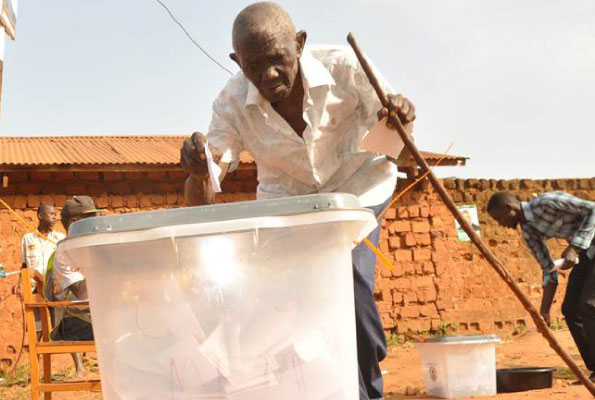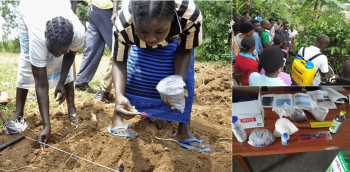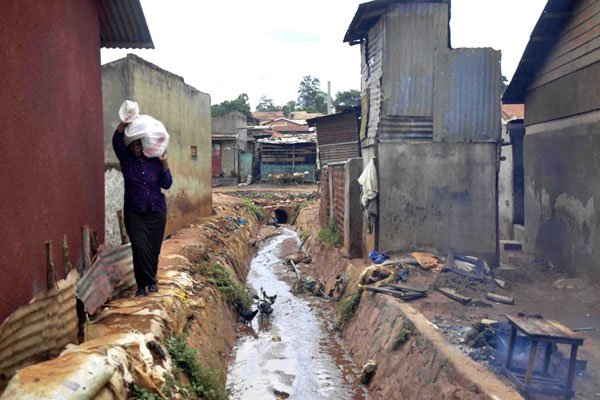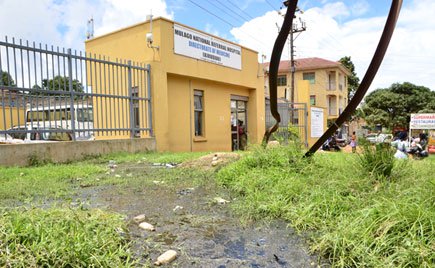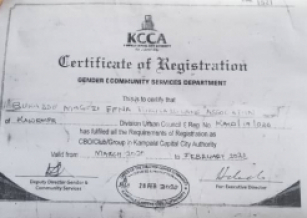By Paul Kiwuuwa
THE Speaker of Parliament, Rebecca Kadaga, has complained that the public does not get access to the laws passed by Parliament.
“It is absurd, if the public does not get the laws passed by Parliament, to whom do we pass the laws and why?” Kadaga asked.
“Parliament has passed many Bills into laws but I wonder why the public does not have access to them and neither can they interpret the laws,” added Kadaga.
“The solution is we recommend that the Ministry of Justice and Constitutional Affairs creates public libraries or depository places countrywide, to enable the public access copies of the passed laws within the regional centers country wide.”Kadaga said.
Kadaga said this while receiving a petition from the coalition of Civil Society Organization (CSO) at Parliament.
The petitioners said since the ‘Domestic Violence Act 2010’ was enacted in 2010, it has never been functional.
Led by, Executive Director, Center for Domestic Violence Prevention, Tina Musuya, the petition said, “Through the Parliament Speaker, CSO wants a commitment from the finance ministry to issue a certificate of financial implications enabling the law of Domestic Violence functional. We want the ministry of internal affairs to train the Police to take charge of the law, so that the offenders of the domestic Violence laws are reprimanded.”
The petition adds, “the Domestic Violence law exists , but it calls for the commitments of the ministries of Justice and Constitutional Affairs, the Gender, Labour and Social Development and the Judicially to take charge of the Domestic violence laws.”
Musuya cited the Uganda Demographic and Health Survey, 2011 saying “59% of women and 16 % of pregnant women experience domestic violence, while 28% of pregnant women experience sexual violence.”
Kadaga promised to forward their request to the House Committee on gender.
“Since the gender committee is considering several petitions, from the public, I am sure they will include the non-functioning of the Domestic Violence law in Uganda, “said Kadaga.
SUNDAY, 17 AUGUST 2014
WRITTEN BY PIUS MUTEEKANI KATUNZI

Mr M Katunzi
Uganda’s Constitution bestows incurable optimism and mockery in equal measure.
First, we are flattered by Article 1, which says that all power belongs to the people. And then, it says the people shall express their will and consent on who shall govern them and how we shall be governed.
Listening to Dr Mamphela Aletta Ramphele, the South African political activist, during the 22nd Joseph Mubiru Memorial Lecture organised by Bank of Uganda, I wondered why Ugandans had been lulled back to sleep, at the moment when they were empowered to give or deny power to their governors.
Dr Ramphele had an answer to this dilemma. She was discussing the topic: Creating a vibrant and fair society: transparency and accountability. In reference to her country, Dr Ramphele said that the brutal and racist past left a significant majority of them (the black people) with an inferiority complex. This undermined their capacity to demand better accountability from the public servants and political leaders.
It is even worse that the majority of those in leadership are the black people who were once oppressed and critical of the unfair apartheid regime.
“Many are of the view that such criticism would reflect badly on the black people. This is a sad reflection on us; it is as if black people are defined by their incompetence, corrupt and unaccountable amongst public servants in our society. Why should we be willing to lower our expectations of public servants because they are black? Have we bought into the lie that they are not capable of higher standards of performance?” Ramphele asked rhetorically.
“We tend to be oversensitive to criticism of non-transparent and unaccountable governance in our countries at international fora, even where the facts speak for themselves. We defend the indefensible in our midst in the name of African solidarity. But is this solidarity to the benefit of the majority of citizens? Or is solidarity amongst African leaders a protective shield behind which they hide their poor performance to the detriment of ordinary citizens of their countries?”
Dr Ramphele’s observations and rhetorical questions resonate aptly in Uganda. Many Ugandans, especially those whose age is sun-setting, have had a chequered life.
In the early post-colonial days, they experienced a bit of freedom, reasonable household incomes and better services from the government. But this was disrupted by the political turmoil that erupted from the jostling for political power. President Idi Amin’s reign left many scars of violence and brutality. The guerilla campaigns, one led by President Museveni and the armed rebellion in northern Uganda, left many people traumatised.
The liberation movements that eventually captured state power rallied on the point of returning political pluralism and tolerance, peace and freedom of speech and a better life from the previous regimes. Naturally, one would have thought that the bar should be set higher for the successor governments. Not all has gone well. In some cases, we have had a replica of the ghastliness of the past.
Public service is haunted by scandals and no one seems to take responsibility. The inertia for accountability is partly explained by the inferiority complex and our blind worship of rulers. The leaders have often reminded the citizens that they have had a lot of peace in that whenever they belch, they belch peace. President Museveni usually reminds the opposition that if the country was still governed by Amin, they would never stage any political rallies where they insult him.
Isn’t it laughable to use Amin as the benchmark of reference of worthier leaders? The past dictates how we treat our power to make the governors accountable. The governed, who are supposed to behave like shareholders in the company, surrendered their power of the vote as tool of control to the very people who are supposed to account to them.
“Citizens in most countries are treated as voting fodder for those in power to retain their positions, regardless of their performance in government,” Ramphele said.
“Even the vote is reduced to a tradable good rather than a tool for citizens to use to hold those in power accountable by rewarding and punishing governments on the basis of their performance in promoting prosperity for all.”
Oftentimes, Ugandans have justified the low standards of government performance and delivery of services with the apparent sleep dividend that they lacked in the past. “Kasita twebaka ku tulo”, - at least we have some sleep. Whenever general elections are held, voters exchange their votes for pieces of soap and sugar. And often, the justification has been, “If I don’t get it, someone else will take it.”
In essence, Dr Ramphele says that in order to have a vibrant and fair society, we need to adopt the model of servant leadership, where leaders in public service are agents of citizens, servants of the people. And this model, according to her, is not novel to Africa. For there are some Africans saying that the king is only a king with the consent of the nation. And this thinking is well articulated in our Constitution.
We are a continent that articulates most elegantly the concept of Ubuntu – our belief in the notion of a common humanity as an essential pillar of being human. Ubuntu captures the essential truth that “our humanity is affirmed by our connectedness to one another.”
“This philosophical approach confronts us with the existential reality that ‘we are human because others are.’ Yet we are a continent that has struggled to date to create vibrant fair societies,” she explained.
However, the Ubuntu has been eroded by a new virus called Affluenza. According to Ramphele, Affluenza tempts the leaders to “place a high value on acquiring money and possession, looking good in the eyes of others and wanting to be famous”.
pmkatunzi@observer.ug
The author is the finance director of The Observer Media Limited.

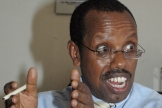
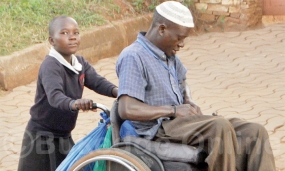
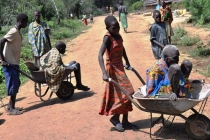

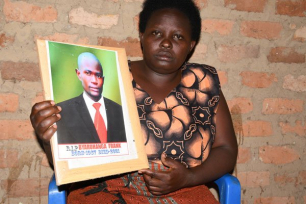
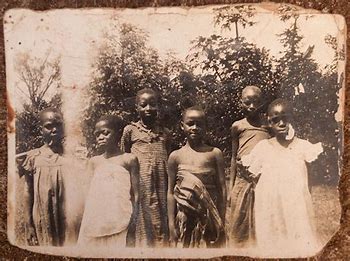

 Omu ku batunda emmere okuliraana kaabuyonjo ng'annyonnyola obuzibu bwe bayitamu.
Omu ku batunda emmere okuliraana kaabuyonjo ng'annyonnyola obuzibu bwe bayitamu.



